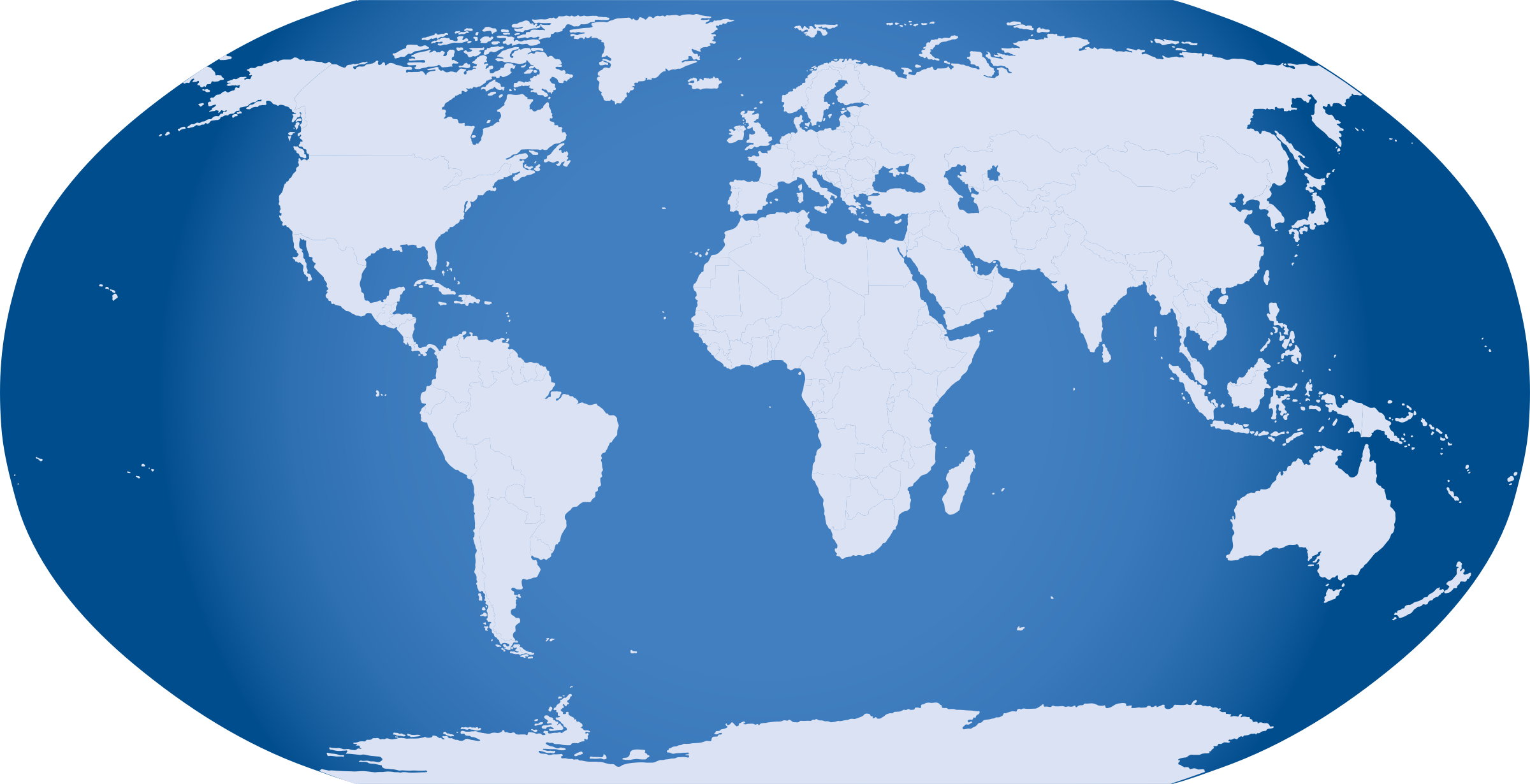The World Day of Social Justice, celebrated on February 20th, serves as a salient reminder of the paramount importance of equity and justice within the global narrative. As we immerse ourselves in the tenets of Baha’i teachings, the interplay between social justice and the burgeoning digital economy emerges as a multifaceted topic ripe for exploration. The Baha’i perspective aspires to mold a world wherein justice—the very bedrock of human progress—dovetails seamlessly with technological advancements and the economic landscapes they shape.
Within the Baha’i framework, social justice transcends mere legalistic definitions; it encompasses an expansive, almost familial, understanding of human interconnectedness. In this context, the digital economy takes on the role of a vast tapestry, weaving together diverse strands of innovation, inclusivity, and ethical responsibility. The digital realm offers a plethora of opportunities for fostering social justice, yet it also unveils a labyrinth of challenges demanding our contemplation. This dynamic interplay invites individuals to embrace a holistic view of justice that accommodates not only traditional economic paradigms but also their digital counterparts.
In the first instance, it is crucial to illuminate the foundational Baha’i principle that emphasizes the oneness of humanity. This doctrine posits that regardless of geographical boundaries or economic disparities, all individuals are part of a singular global family. In light of this, the implications of the digital economy become profoundly significant. As technology encroaches upon every aspect of life, it possesses the potential to either bridge or exacerbate existing divides. By promoting equal opportunities for education, resources, and participation in the digital landscape, we align ourselves with Baha’i teachings that advocate for equality among all peoples.
Moreover, the notion of social justice encompasses a sine qua non: the eradication of poverty, a notion echoed within the Baha’i writings. The digital economy provides a fertile ground for addressing this imperative. Digital platforms can serve as catalysts for economic empowerment, enabling marginalized communities to access tools and resources previously beyond their reach. Through entrepreneurship facilitated by digital means, individuals can transpose their ideas into viable economic endeavors. For instance, microfinance initiatives leveraging technology exemplify how financial inclusion can be seamlessly integrated into the economy, complying with the Baha’i vision of uplifting humanity.
Integral to the discourse on social justice is the principle of consultation—an essential process for decision-making within Baha’i communities. As we navigate the complexities of the digital age, fostering a culture of collaborative problem-solving becomes increasingly imperative. In the realm of the digital economy, stakeholders from diverse backgrounds must engage in open dialogue to address issues such as privacy rights, algorithmic bias, and digital literacy. This vital exchange of ideas fosters innovative solutions, each imbued with the spirit of justice and equity that characterizes the Baha’i ethos.
Additionally, the intersection of technology and social justice fosters an environment ripe for redefining traditional labor paradigms. The gig economy, emblematic of the digital age, offers flexibility and autonomy but also presents challenges regarding job security and fair compensation. Herein lies an opportunity for collective action—individuals and organizations can advocate for policies that protect gig workers’ rights, ensuring that the digital economy does not replicate historical injustices. Such advocacy aligns with Baha’i teachings on the necessity of creating systems that uphold human dignity and promote justice in all economic transactions, thereby enabling a more equitable society.
Furthermore, the urgency of environmental stewardship as underscored in Baha’i teachings intertwines seamlessly with the discourse on the digital economy. As environmental challenges intensify, the digital landscape presents innovative avenues for sustainability. From smart technology that optimizes resource management to platforms that raise awareness on environmental issues, digital solutions can foster a collective commitment to ecological justice. This confluence of technology and responsibility harmonizes with Baha’i principles, emphasizing that true justice entails safeguarding our planet for future generations.
As we reflect on the World Day of Social Justice, we are reminded of the myriad dimensions that inform our understanding of justice. The digital economy presents an arena where principles of equity, empowerment, and ethical responsibility can coalesce into a robust framework for social justice. The Baha’i teachings compel us to imagine a world where technology serves humanity—not as a mere tool for profit but as a conduit for profound transformation.
In conclusion, the Baha’i teachings provide a timeless compass that navigates the intricate waters of social justice in the context of a digital economy. The challenge lies not merely in harnessing technology but in ensuring that it uplifts the human spirit and fosters an equitable society. As we embark on this journey, may we remain steadfast in our commitment to a world where justice prevails, where human dignity is honored, and where the digital economy is a beacon of hope for all. Thus, let us embrace the profound potential that lies within us to mold a future that reflects the cherished Baha’i ideals of unity, equality, and justice on this World Day of Social Justice and beyond.
